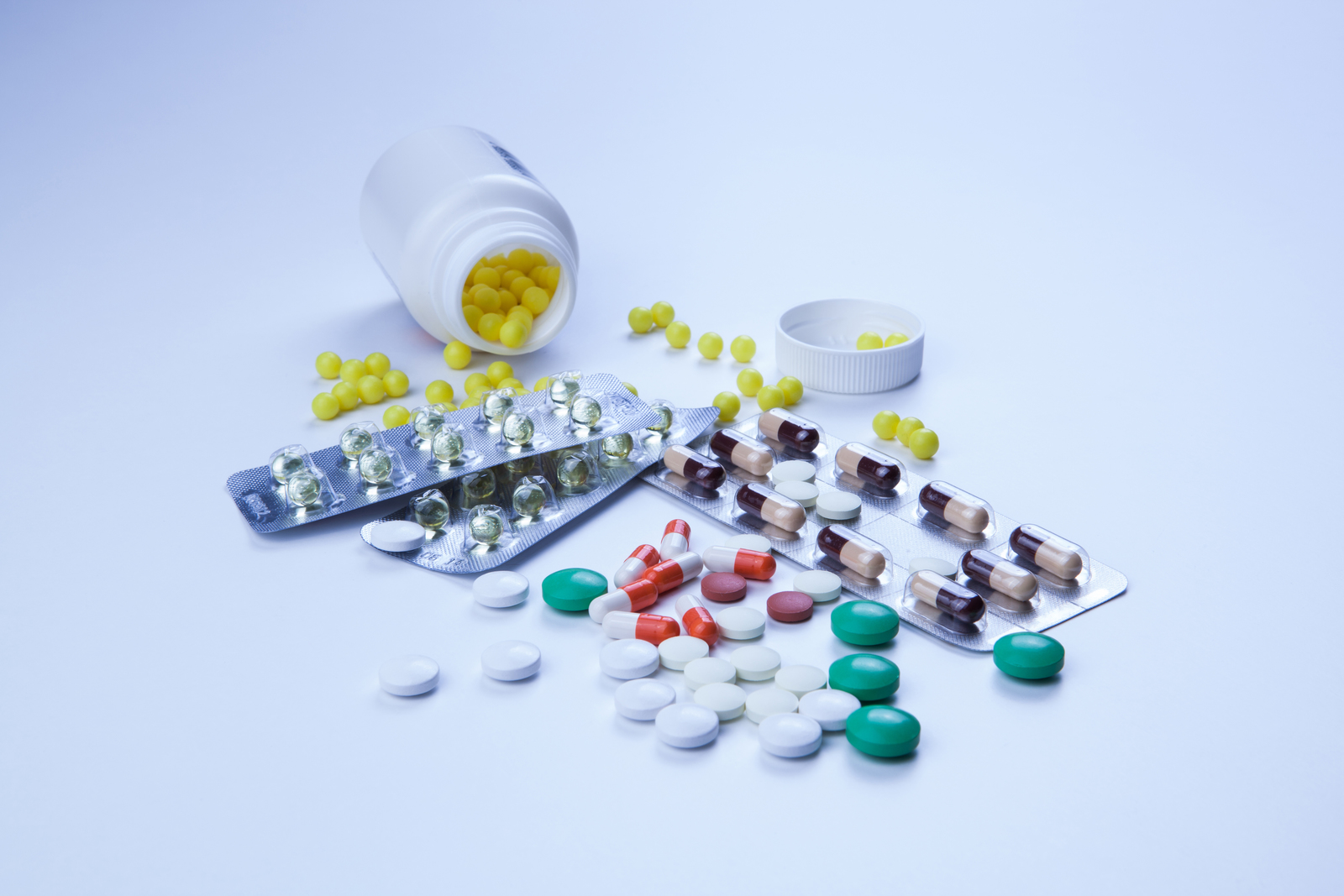Every medicine package has one — that small printed date marked “EXP” or “Use before.” But what does the expiration date on medicines actually mean, and why is it so important? Let’s take a closer look at what happens before and after that date.
1. It marks the period of guaranteed quality
The expiration date is the point until which the manufacturer guarantees the medicine’s full effectiveness, safety, and quality — as long as it’s stored correctly. After this date, the active ingredients may begin to degrade or lose potency.
2. Medicines don’t suddenly “go bad”
Once a medicine passes its expiration date, it doesn’t instantly become harmful. However, its effectiveness can gradually decrease, especially if the medicine has been exposed to heat, light, or moisture. That’s why it’s always safest to replace expired medicines.
3. Storage conditions make a big difference
Temperature, humidity, and light all affect how long medicines stay stable. For example, antibiotics in liquid form and insulin are especially sensitive to temperature changes. Keeping your medicines in a cool, dry place helps maintain their quality for as long as possible.
4. Expired medicines can be less effective — or even risky
Taking an expired painkiller might not seem dangerous, but for certain medicines, such as heart medication or antibiotics, reduced effectiveness can have serious consequences. Always check the label before use and consult a pharmacist if in doubt.
5. How to safely dispose of expired medicines
Don’t throw expired medicines in the trash or flush them down the toilet — this can harm the environment. Many pharmacies have return programs where you can safely hand in old medicines for proper disposal.
Medicines are carefully tested and produced to ensure safety and reliability — but they don’t last forever. By paying attention to expiration dates and proper storage, you help ensure that every dose you take works just as intended.



